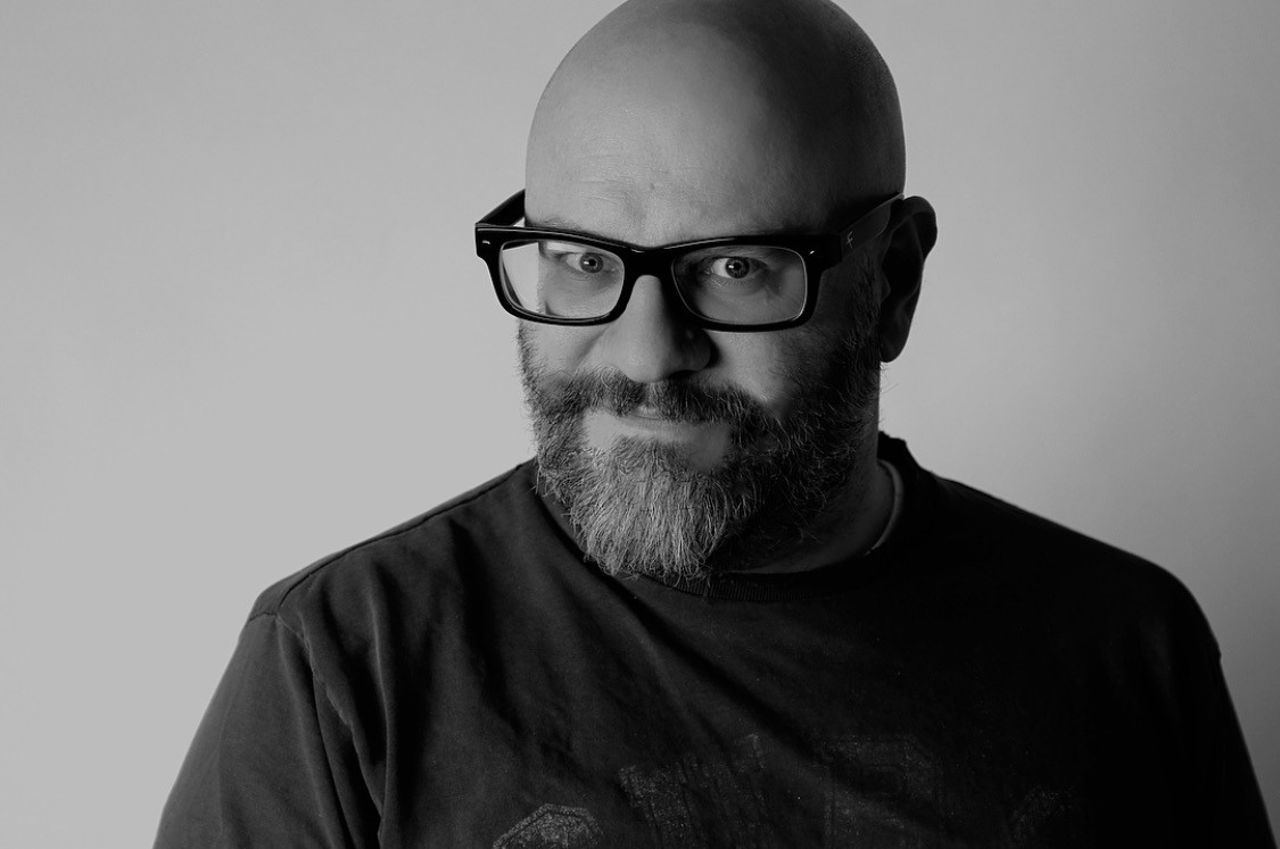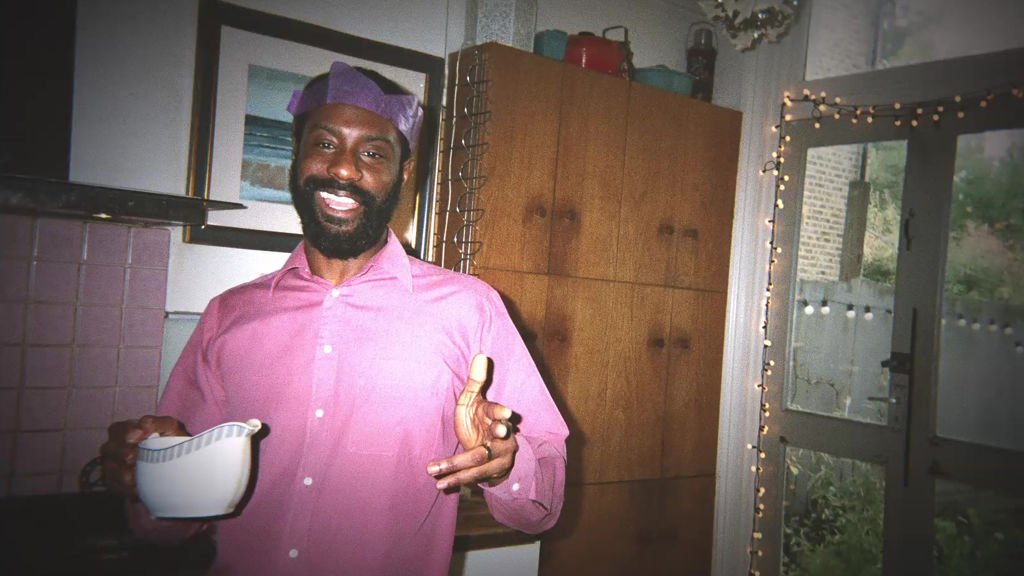Calling time on advertising’s toxic Christmas tradition
After a year like no other, Nicola Kemp, Editorial Director of Creativebrief, believes that it's time to reset the rules and hold back on toxic behaviour, starting with a less unjustifiably critical reaction to the year's Christmas commercials.
Christmas is the pinnacle of the UK advertising calendar but, in a year like no other, we have the opportunity to re-write the rules of the game for good and call out toxic behaviour and bullying on social media.
“To everyone who made a Christmas ad this year. Thank you - I love them all. It’s always a big brief, and 2020 must’ve made it a tough one, but I’m full of festive cheer - hope you are too.” Vikki Ross’s pitch-perfect Twitter take on this year underlined why she is the industry’s copywriter-in-chief setting the tone for a challenging year. Far from lining up to give 2020's Christmas ads a kicking, this year offers an industry-wide opportunity for a reset moment. As American psychologist Abraham Maslow famously said: "I suppose it is tempting, if the only tool you have is a hammer, to treat everything as if it were a nail."
Far from lining up to give 2020's Christmas ads a kicking, this year offers an industry-wide opportunity for a reset moment.
In the case of the standard industry response to the festive ad season, the hammer might be the endless rankings of which brands won or lost Christmas; an act of pseudo-science and overconfidence that ultimately results in too many creative careers being smashed before they even get going.

Above: Vikki Ross's positive reaction to this year's crop of Christmas commercials.
It’s a hammering which extends to inexplicable, unwarranted and unsolicited feedback. For example, a female creative director recently received a direct message on Twitter to tell her the ad she just made was ‘shit’, before the same person inexplicably blocked her (yes, that happened). It’s the casual dismissal of an entire marketing strategy as ‘moronic’, and a reliance on pseudo-science to explain a position which essential boils down to: ‘I liked this ad more than this other ad’. A closed loop, powered by little more than ego.
Rewriting the rules of resilience
Of course, there will be those that argue that the answer to this avalanche of pseudo-masculine aggression dressed up as ‘thought-leadership’ is a simple one: build resilience. Yet, surely the focus should be on eliminating the toxic behaviours and a status quo which demands that we build this resilience in the first place.
It’s not hyperbole to warn that, as we approach the end of this brutal year, many in our industry are facing up to a creative crisis of confidence. One that isn’t helped by the continual tap of Slack, a virtual woodpecker to our collective creative souls, an environment in which we are effectively all on mute.
When we are surrounded by technology platforms which were built with little regard for empathy it is beholden to all of us to be mindful of the messages we put out into the world.
Yes, there is an important role for industry debate and well-considered, constructive and continual one-to-one feedback is vital to growing your career. Yet, the uncomfortable truth is the thousand tiny paper cuts of office life are now taking place daily on Slack, and publicly on Twitter and LinkedIn. When we are surrounded by technology platforms which were built with little regard for empathy, or the value of uninterrupted thinking, it is beholden to all of us to be mindful of the messages we put out into the world.

Above: Former R/GA Executive Strategy Director Rob Campbell's response to his redundancy this summer was "a profound example of the very opposite of performative allyship".
Being honest about the playing field
So, how are we going to challenge this malaise? First, let’s call time on calling for ‘resilience’, that most overused and misunderstood word, and instead embrace the simple human power of honesty. To commit to being more intentional about how, when and how much we communicate. At a time when we have had little choice but to bring our whole selves, and much of our family too, to our working lives, we are faced with a once-in-a-generation opportunity to reset the workplace for the better. It’s a shift that starts with honesty.
Let’s call time on calling for ‘resilience’, that most overused and misunderstood word, and instead embrace the simple human power of honesty.
Consider how the stigma surrounding redundancy has been successfully challenged by industry leaders in the truest sense of the word. The oxygen of honesty that outgoing R/GA strategy chief Rob Campbell ushered into the industry by sharing his experience of redundancy. As he wrote on his blog: “While it’s sad, I am glad it’s a senior, white male who is being impacted rather than someone young or female, or a person of colour, who are often the ones who get hit first across the industry.” Campbell provides us with a profound example of the very opposite of performative allyship; of what happens when you find yourself under pressure, yet still have the empathy to consider the experience through a lens other than your own.
Credits
powered by
- Agency Wieden + Kennedy/London
- Production Company Pulse Films/London
- Director ThirtyTwo
-
-
Unlock full credits and more with a Source + shots membership.
Credits
powered by
- Agency Wieden + Kennedy/London
- Production Company Pulse Films/London
- Director ThirtyTwo
- Editing The Assembly Rooms
- VFX Time Based Arts
- Sound Design Factory
- Creative Director Darren Simpson
- Creative Albert Pukies
- Creative Joe Bruce
- Executive Creative Director Tony Davidson
- Executive Creative Director Iain Tait
- Producer Matthew Ellingham
- Producer Aran Patterson
- Creative Producer Rebecca Herbert
- Design Director Karen Jane
- Motion Designer Jon Harris
- Executive Producer James Sorton
- Producer George Saunders
- Editor Nick Allix
- Editor Eve Ashwell
- Edit Producer Daniel Breheny
- Colourist Lewis Crossfield
- VFX Producer Jo Gutteridge
- Sound Designer Anthony Moore
- Sound Designer James Utting
- Sound Producer Deborah Whitfield
- Composer Zebedee Budworth

Credits
powered by
- Agency Wieden + Kennedy/London
- Production Company Pulse Films/London
- Director ThirtyTwo
- Editing The Assembly Rooms
- VFX Time Based Arts
- Sound Design Factory
- Creative Director Darren Simpson
- Creative Albert Pukies
- Creative Joe Bruce
- Executive Creative Director Tony Davidson
- Executive Creative Director Iain Tait
- Producer Matthew Ellingham
- Producer Aran Patterson
- Creative Producer Rebecca Herbert
- Design Director Karen Jane
- Motion Designer Jon Harris
- Executive Producer James Sorton
- Producer George Saunders
- Editor Nick Allix
- Editor Eve Ashwell
- Edit Producer Daniel Breheny
- Colourist Lewis Crossfield
- VFX Producer Jo Gutteridge
- Sound Designer Anthony Moore
- Sound Designer James Utting
- Sound Producer Deborah Whitfield
- Composer Zebedee Budworth
Above: Was the response to this year's Sainsbury's Christmas ad a backlash, or more a racist diatribe?
Speak out and stamp out bullying
As we reach the end of this brutal year, I’m perhaps not the only one that has shed a tear or ten at this year’s brilliant clutch of Christmas ads. The collective endeavour they represent; the grit to simply get things out into the world in such a challenging year.
If we really want the industry to ‘build back better’, then we need to commit to changing the narrative, both for ourselves and each other.
So, this year let’s make a pledge to be honest and call things by their name. There is no question that bullying is rife on social media, a fact that means we need to be intentional about how to respond when ‘feedback’ crosses the line. Is the ‘backlash’ to the Sainsbury’s Christmas ad actually a ‘backlash’, or is the more accurate description ‘racism’? Is a hyper-masculine industry debate of winners and losers, ‘moronic’ marketing strategies and an over-dependence on crying ‘bullshit’ in fact making the industry a bit shit for everyone?
Don’t we all deserve better than this closed-loop of negativity? If we really want the industry to ‘build back better’, then we need to follow the example set by Vikki Ross and Rob Campbell and commit to changing the narrative, both for ourselves and each other.
)




 + membership
+ membership







